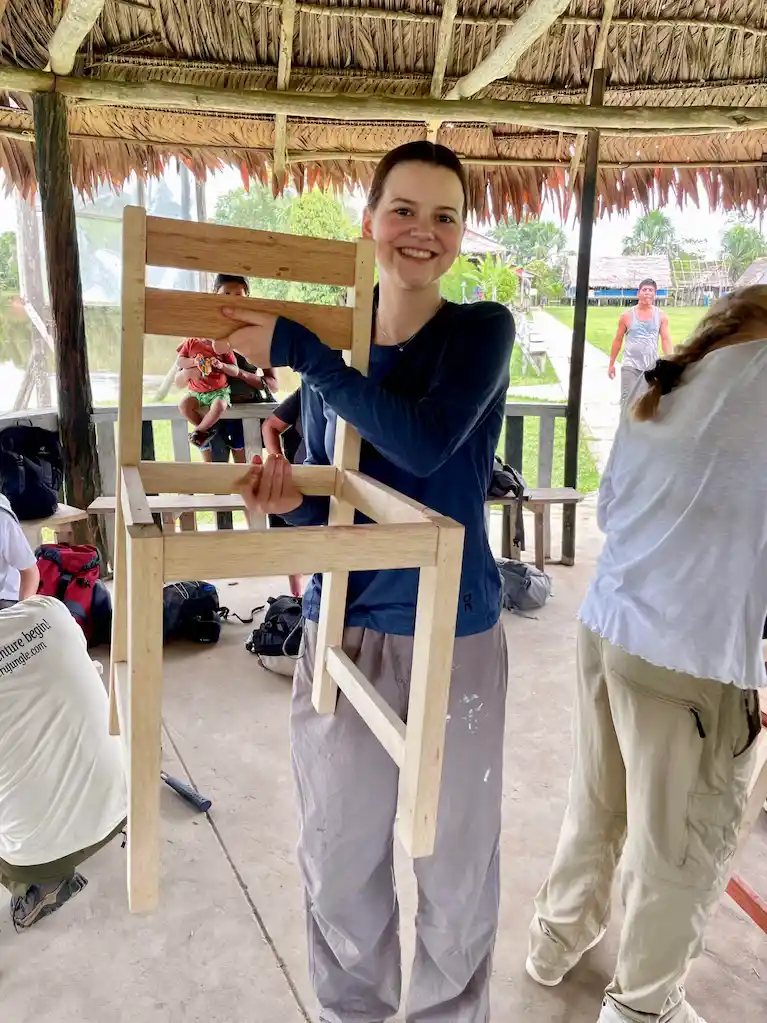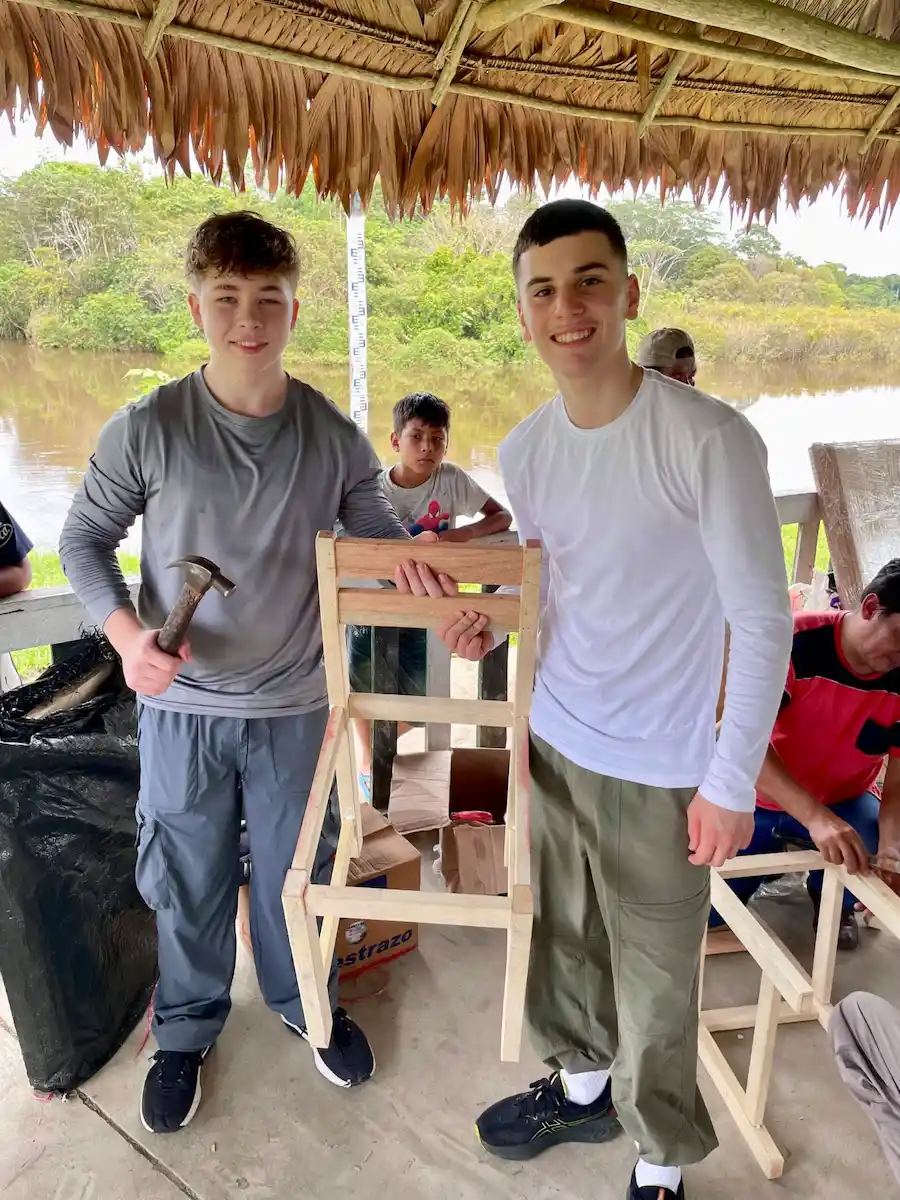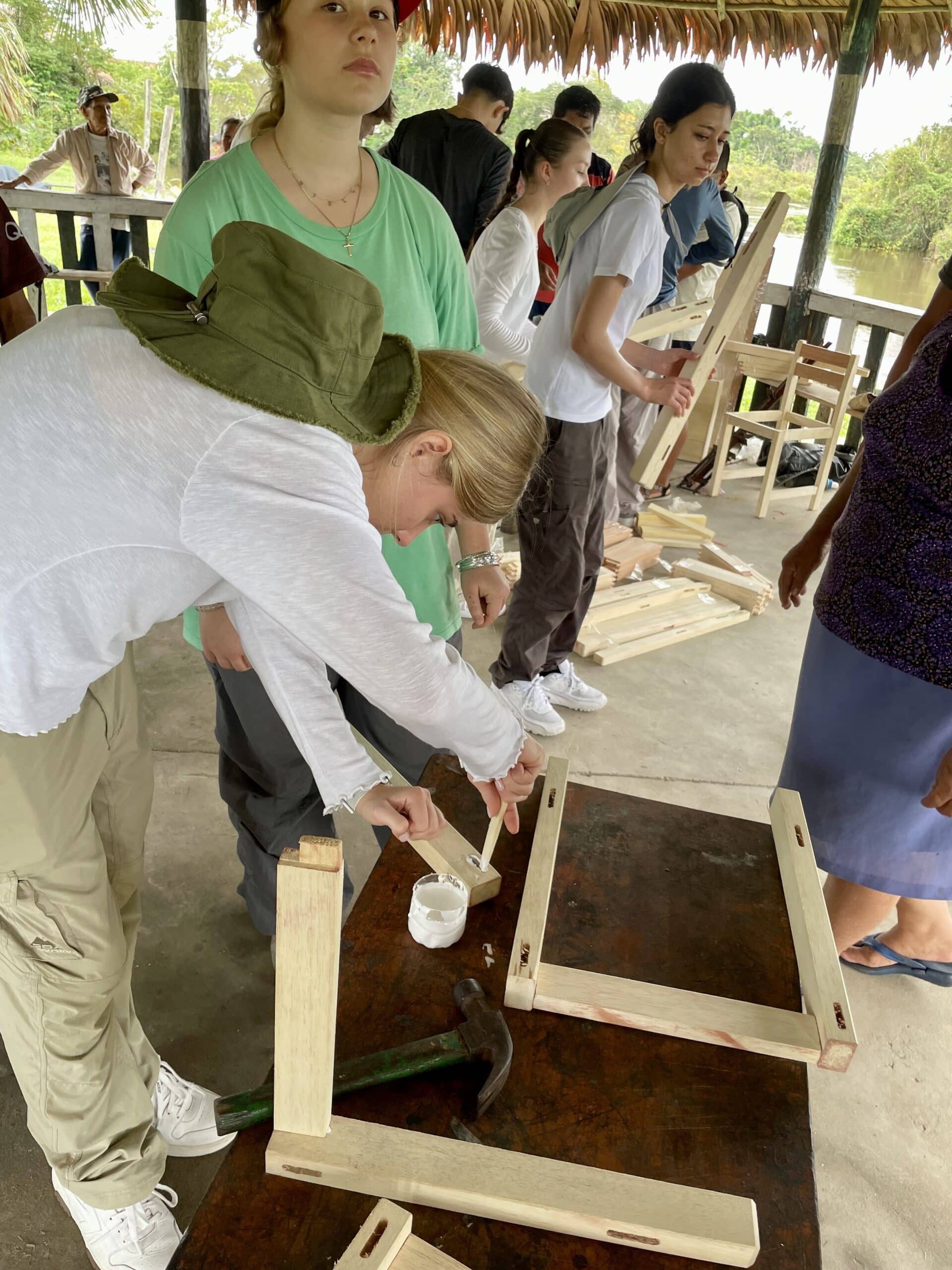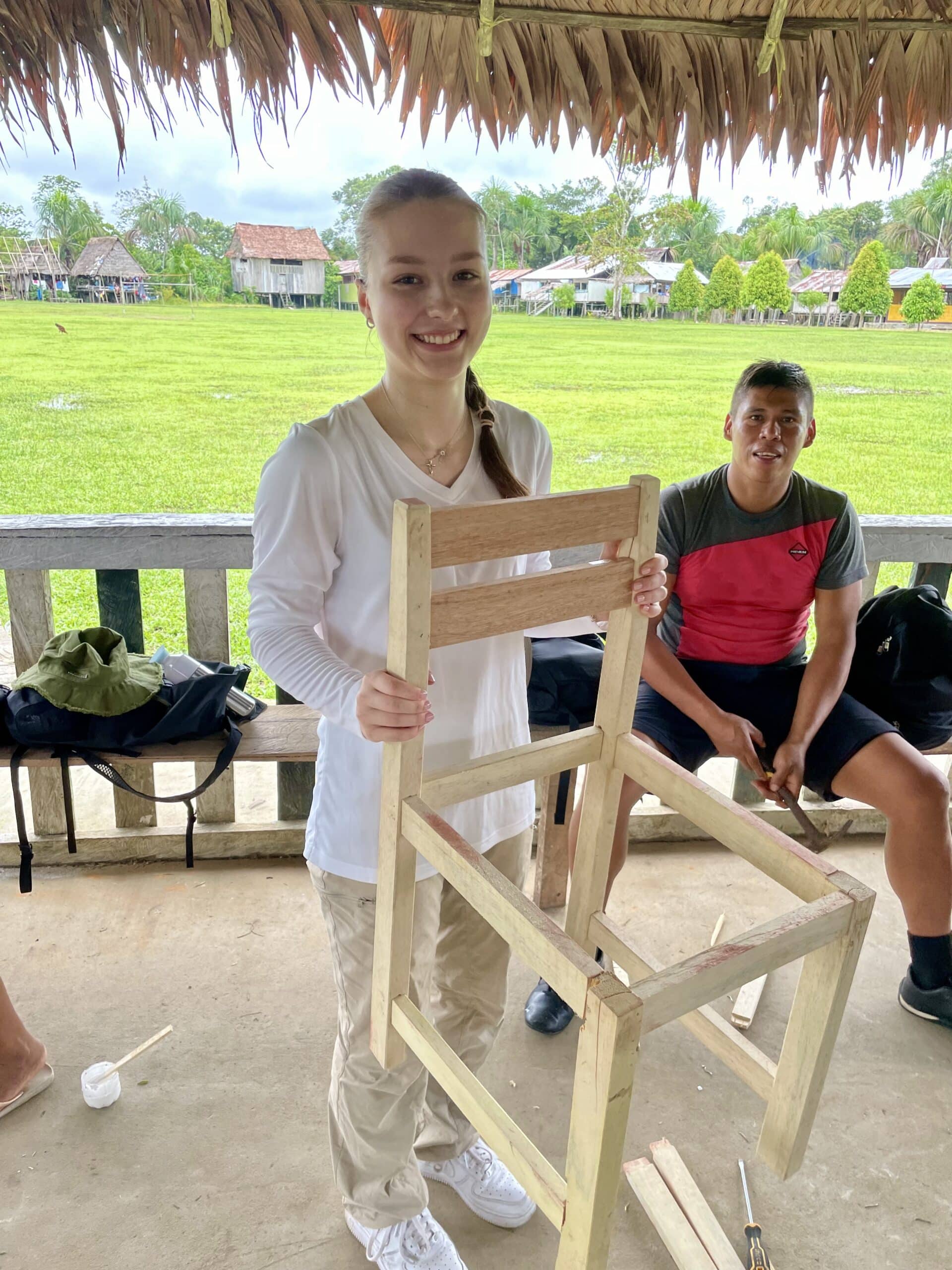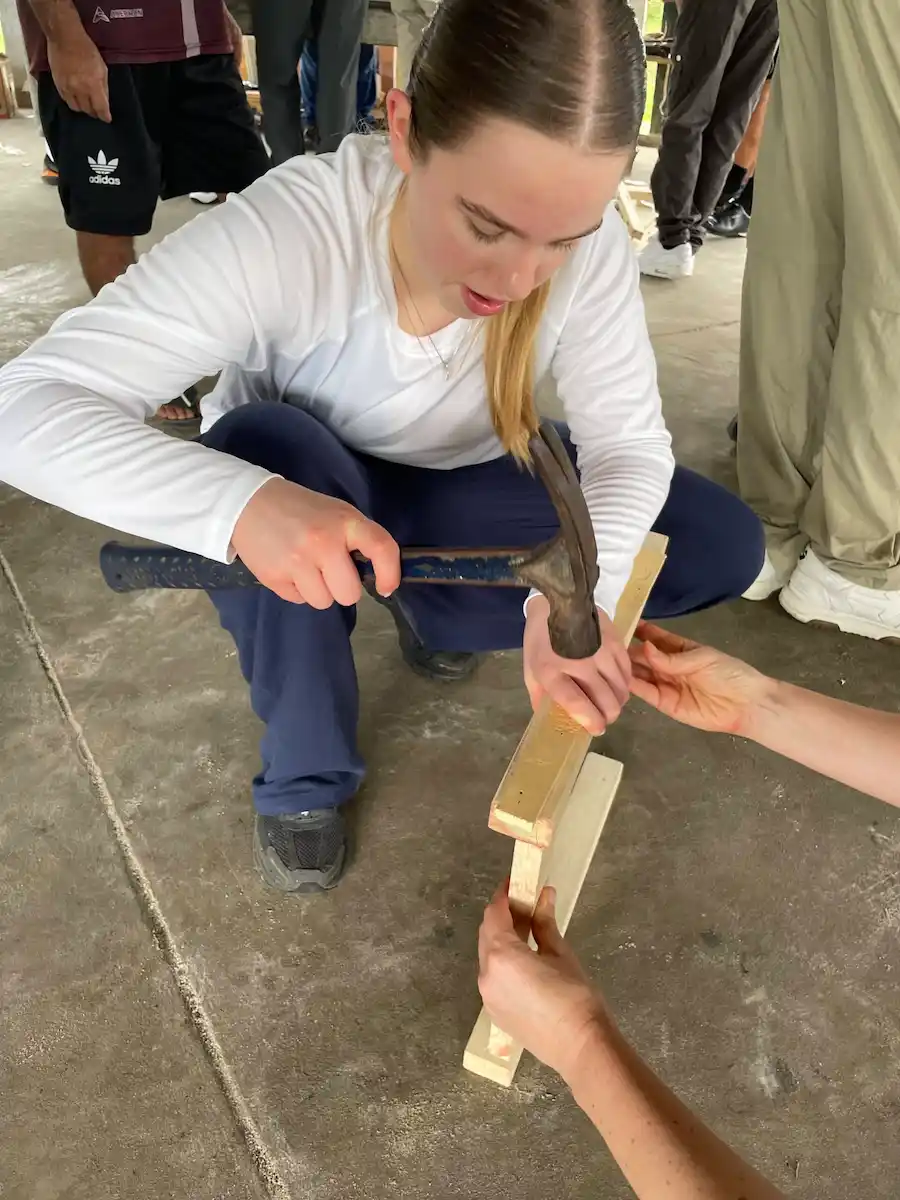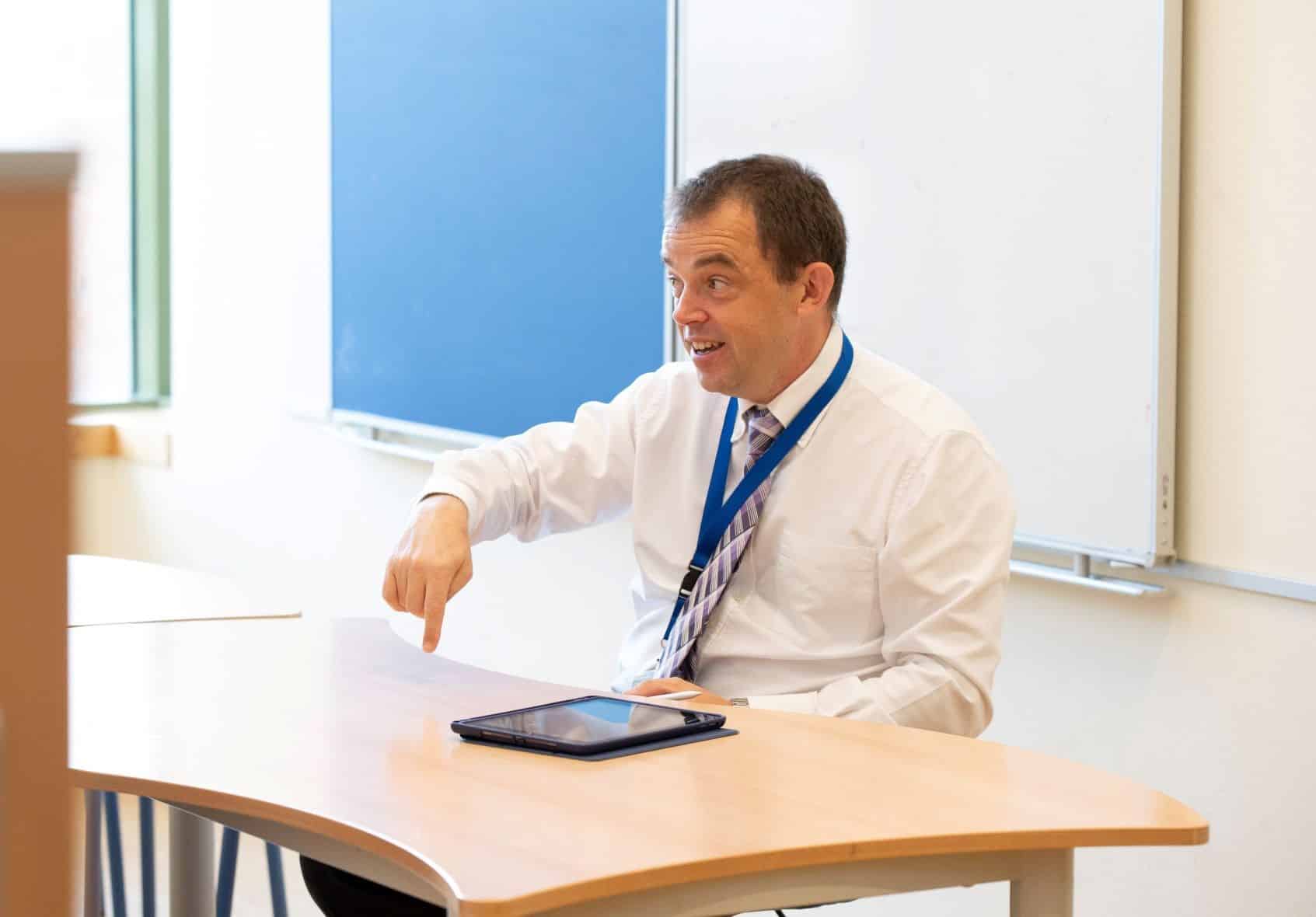
Applying for further school accreditation
A journey of self-reflection, examination and continuous development
As an international school committed to high standards and continuous improvement, we have embarked on the path of accreditation with Cognia, a non-profit organization that accredits international primary and secondary schools worldwide. The purpose of school accreditation is to systematically review all aspects of our institution, both inside and outside of the classroom, identify where our priorities for improvement are, and then plan and execute strategies to deliver the improvement. Once we are fully accredited, Cognia will then return after five years to measure our progress – a cycle that goes on indefinitely. In short, it is a TüV for the school.
We chose Cognia because of their wealth of experience and expertise they bring to the table: the roots of the organization, which is based in the United States, go back over 100 years, and they currently represent approximately 36,000 institutions in 80 countries, serving a total of 25 million students.
The accreditation process: reflection, identification and improvement
The benefits of school accreditation are considerable: the process itself promotes an ethos of constructive reflection, systematic strategic planning and continuous improvement – qualities any good school should have. In this process, we are examining three key areas: leadership, learning and resources, which are sub-divided into 30 competences. For each competence we need to map our progress on a journey, beginning with implementation, and ending with the competence being embedded in school culture. We must provide evidence to support our position, making the outcomes more objective. The entire journey allows us to look at ourselves in the mirror – to see who we really are, define where we want to go and outline how we can achieve that goal.
All stakeholders contribute to the accreditation process: students, parents, teachers, support staff, leadership and the Board of Trustees. Through collecting data, gathering perceptions and sharing insight, we are continuously reiterating our school values to each other and strengthening our community.
Surveying the school community – every voice matters
All our stakeholder groups have been involved in regular surveys, as they are a great way to understand in a very practical way where our strengths lie and to identify areas for improvement. For example, we annually run a ‘climate and culture’ survey with our students, parents, teachers and shared services employees to gain an understanding about how it feels from all sides to be part of our international school. How can we optimize our learning environments for different types of learners? Do our teachers and staff have the resources and positive support they need to do their best? Are our methods of communication satisfactory for our parent community?
Surveys have also been very useful during remote learning, when more traditional ways of collecting feedback have not been possible. We conducted ‘flash surveys’ of around 3 questions on a weekly basis at the start of the pandemic to measure the difference between remote learning and learning in school. Through this we were able to reduce screen time, give students more self-directed learning time, and target the types of tasks we were setting to those that were most effective online.
ELEOT: Effective Learning Environment Observation Tool
In addition to the surveys, Cognia also provides us with further diagnostic and strategic tools to help us achieve our goals. One such tool that we have come to value greatly is ELEOT, the Effective Learning Environment Observation Tool. This is a system for evaluating what happens in learning environments, such as a classroom. It is an app that can be used on a computer, ipad or smartphone, where the observer examines 7 features of learning:
- Equitable learning
- High expectations
- Supportive learning
- Active learning
- Progress monitoring and feedback
- Well-managed learning
- Digital learning
We are using ELEOT to identify and share best practices, and to determine areas for improvement in learning. We believe this progressive, constructive approach is a great way to unite behind one common goal: to improve the learning opportunities and life chances for everybody on our campus. We work on the principle that students, teachers, leaders and everyone else in the organisation are lifelong learners, and can improve given the right attitude and resources.
Accreditation in 12/2021 and the path forwards
We began the process of applying for accreditation in 2019, and passed the readiness review in the summer of 2020. Assuming all goes according to plan, we will achieve accreditation in December 2021. It’s been a challenging – but extremely worthwhile – journey of self-reflection and examination. The impetus this has given us has seen our new mission and vision developed and rolled out, our learning environments become more objectively measured and, perhaps most importantly, has fostered the shift of all three schools towards an evidence-based culture of continuous improvement. And this is the key feature: the work does not stop in December with our accreditation. After this milestone, we will continue to embed good practise and self-examination to keep making improvements in a systematic way until 2026 – our first five-year review – and beyond!
Shaun Roberts, International Secondary School




